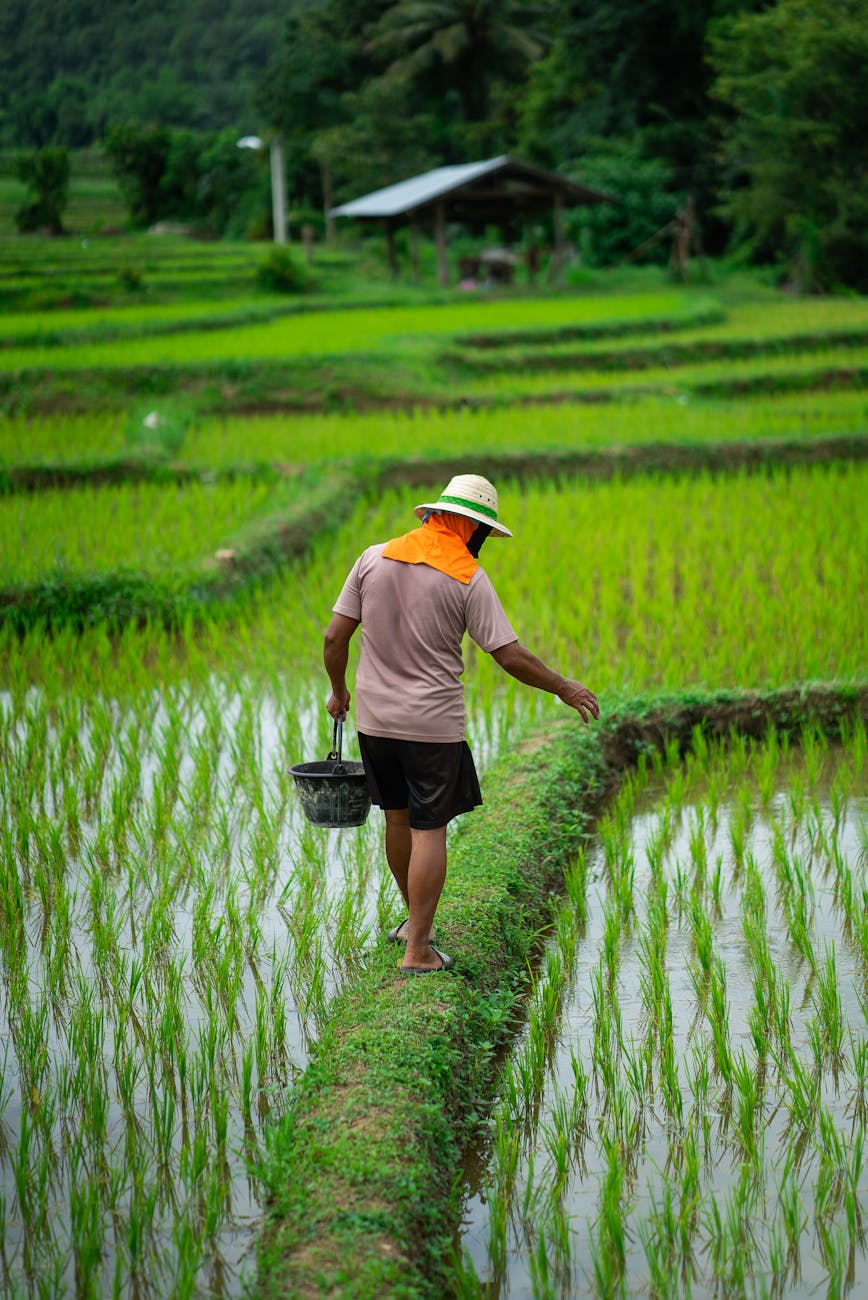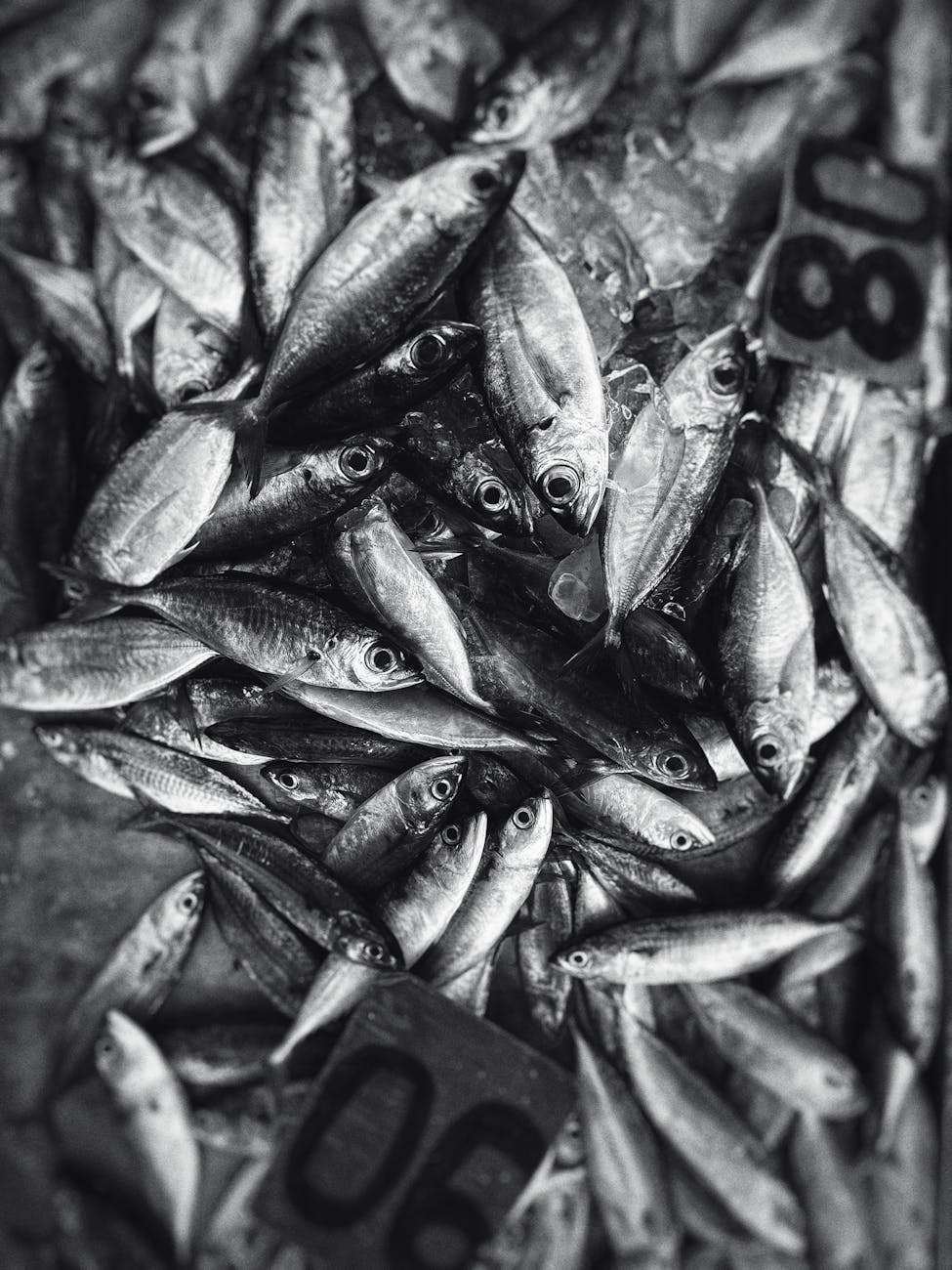Discovering Thailand’s Sustainable Food Paradise
Embarking on a trip to Thailand offers an extraordinary adventure, particularly for food enthusiasts. The vibrant street food scene, combined with the rich agricultural heritage, paints Thailand as a potential sustainable food paradise. As you explore bustling markets and traditional kitchens, you may find yourself pondering whether this Southeast Asian gem holds the secrets to a future filled with sustainable food practices.
This blog post delves into the idea of Thailand being a sustainable food paradise, emphasizing its unique culinary culture, commitment to local ingredients, and innovative practices. By examining various facets of Thai cuisine and the broader agricultural landscape, you will gain insights into how this captivating country could lead the way in sustainable food practices for years to come.
Table of Contents
- The Culinary Culture of Thailand
- Importance of Local Ingredients
- Innovative Sustainable Practices
- Community Impact of Food Sustainability
- The Future of Food in Thailand
- Taking Action for Sustainable Eating
- Frequently Asked Questions
The Culinary Culture of Thailand
Thai cuisine is renowned worldwide, yet the soul of its food culture lies deeply rooted in local and sustainable practices. The emphasis on balancing flavors results in culinary creations that are not only delicious but also promote health and wellbeing. Dishes are often crafted using fresh herbs and vegetables, making them vibrant and nutrient-rich. Street vendors, bustling markets, and charming eateries collaborate in this food ecosystem, ensuring that you experience the essence of Thailand’s culinary identity.
Moreover, the specialized Thai cooking techniques, often passed down through generations, reflect a broader commitment to holistic health and sustainable living. From the use of traditional mortar and pestles to natural cooking methods, the intentionality found in many dishes mirrors a respect for culinary tradition while embracing sustainability. This unique fusion of culture and practice lays the foundation for exploring whether Thailand truly signifies a sustainable culinary paradise.
Importance of Local Ingredients
The use of local ingredients is paramount to the sustainability narrative in Thai cuisine. The country’s diverse climate allows for a plethora of fresh produce, ranging from exotic fruits to aromatic herbs. This abundance encourages a farm-to-table mindset, where chefs prioritize sourcing locally grown ingredients. As a result, meals are fresher, tastier, and more ecological.
Furthermore, farmers’ markets abound throughout Thailand, showcasing a vibrant array of local produce while fostering community bonds. These markets act as a hub for small-scale farmers and food enthusiasts alike, creating an ecosystem built upon shared resources and mutual respect. Not only does this practice reduce transportation emissions and promote economic viability, but it also empowers consumers to connect with the very roots of their meals. Engaging with these markets offers visitors a slice of authentic Thai life while contributing to the sustainable food paradigm.
Innovative Sustainable Practices
Innovation plays a crucial role in elevating Thailand’s status as a sustainable food destination. One striking example is the country’s commitment to organic farming. The rise of organic farms not only enhances agricultural diversity but also shifts consumer habits toward more environmentally friendly choices. These farms utilize natural fertilizers and pest control, which contribute to healthier ecosystems and promote biodiversity.
Moreover, initiatives such as “Zero Waste Cooking” are gaining traction among chefs and home cooks alike. By creatively utilizing ingredients and minimizing waste, culinary professionals are redefining what it means to be sustainable. These innovative practices encourage individuals to think outside the box, challenging conventional food preparation techniques and highlighting that sustainability and creativity can go hand-in-hand.
Community Impact of Food Sustainability
Food sustainability in Thailand has profound implications for local communities. Emphasizing collaboration and community-based agriculture encourages social cohesion while addressing food insecurity. Local food systems boost smallholder farmers and empower them to make decisions about food production, fostering a sense of pride in their craft.
Additionally, initiatives promoting food education are pivotal in raising awareness about sustainable eating. Workshops, cooking classes, and outreach programs teach consumers about the benefits of locally sourced ingredients and their positive impact on health and the environment. By linking education with engagement, Thailand not only ensures future generations embrace these ideas, but also builds a robust foundation for continued growth and sustainability in the food sector.
The Future of Food in Thailand
As Thailand looks toward the future, several promising trends indicate its potential to become an international leader in sustainable food practices. The integration of technology, such as urban farming and vertical gardens, alongside traditional food systems creates a dynamic landscape ready to adapt in an ever-evolving world. Furthermore, collaborations between government, NGOs, and local communities pave the way for more robust food policies focused on sustainability.
With increased awareness regarding global food issues, Thailand stands at the cusp of a food revolution, as more chefs and entrepreneurs embrace sustainability at their core. Whether it be through sustainable seafood practices, plant-based alternatives, or the growing trend of farm-to-fork initiatives, Thailand demonstrates the capability to blend tradition with innovation, offering models that can inspire other nations around the globe.
Taking Action for Sustainable Eating
An essential takeaway from understanding Thailand’s sustainable food landscape is actionable insights regarding dietary choices. Embracing local produce when traveling can lead to unique culinary experiences while supporting local economies. Engage with food tours or cooking classes that emphasize sustainable practices to immerse yourself in this culinary culture genuinely.
Additionally, travelers are encouraged to advocate for sustainability by seeking out restaurants and vendors who advocate eco-friendly practices. Choose to explore vegetarian or plant-based dishes, which not only celebrate Thailand’s incredible flavors but also contribute to reducing one’s carbon footprint. Taking these small yet impactful steps helps create a ripple effect, influencing others to become more conscious consumers.
Frequently Asked Questions
1. **Is Thai food inherently sustainable?**
Yes, Thai cuisine often emphasizes the use of local ingredients, which promotes sustainability. Many traditional practices encourage waste reduction and focus on balanced nutrition.
2. **What role does the government play in sustainable food in Thailand?**
The Thai government is increasingly prioritizing sustainable agricultural practices and supporting programs aimed at enhancing food security and environmental conservation.
3. **How can I experience sustainable dining in Thailand?**
Opt for restaurants that source local produce, participate in farm-to-table initiatives, or take part in cooking classes focusing on sustainability for a genuine experience.
4. **Are there organizations in Thailand promoting sustainable agriculture?**
Yes, numerous NGOs and local organizations are dedicated to promoting sustainable farming practices, supporting farmers, and educating communities about food security.
Inspiring Action for a Sustainable Food Future
In conclusion, Thailand’s rich culinary landscape intertwined with its sustainable practices distinguishes it as a potential food paradise. By embracing local ingredients, innovating cooking techniques, and fostering community engagement, the country embodies a blueprint for achieving sustainability. Travelers and locals alike have the opportunity to advocate for and participate in this exciting revolution, positioning Thailand not just as a destination for food lovers but as a beacon of hope for sustainable practices in the culinary world. As you plan your trip, take the time to savor not just the flavors of Thailand but its commitment to a brighter, sustainable tomorrow.
Image Credit: Pexels





